President Bola Tinubu and Vice President Kashim Shettima, in their first 100 days in office, hold the record of the most travelled presidency since 1999. The President’s first trip abroad was to France to participate in the Summit for a New Global Financing Pact. Next was attending the ECOWAS summit in Guinea Bissau, then the AU meeting in Kenya and the G-20 Summit in India quickly followed. His biggest on the global stage is the UN General Assembly (UNGA) last week in New York. These exclude stopovers in Benin Republic, London and the UAE. Vice President Kashim Shettima, on his part, has represented the President in Italy, Russia and at the G77 Summit in Cuba.
Some diplomacy scholars have described the President’s diplomatic shuttle as regenerating economic growth through foreign policy. A common theme in the President’s many foreign trips is the search for Foreign Direct Investment (FDI), re-establishing Nigeria as the premium economic powerhouse in Africa and situating her regional leadership status across the sub-Saharan region.
Historically, this would not be Nigeria’s first attempt to weave her foreign policy around economic diplomacy. General Ike Nwachukwu, as IBB’s Foreign Minister, introduced economic diplomacy as a conscious policy. It simply meant that Nigeria’s economic interests would guide her external affairs. That interest emphasized Afrocentric self-reliance.
The success or failure of the current economic diplomacy is left for political economists to decipher. However, this new government is wittingly or unwittingly being bullish internationally and weaving Nigeria’s socio-economic renaissance on her regional relevance and soft power in dealing with subregional problems like the coups in the West African region and beyond. It is also a collaboration with global powers and global private capital to direct investments to Nigeria. The President is eager to show the world that Nigeria is ready and open for business and the new government is a significant driver in facilitating and enabling such businesses.
Nigerians are divided about the value of these global engagements and diplomatic shuttles. Two schools of thought have emerged. First, those who believe our economic growth can only be strengthened by solid external relations. Especially one that prioritizes attracting foreign capital to build up our capital base. The second school believes that the frequency of travel is unacceptable as economic diplomacy as the mainstay of our economic plans is short-sighted. This school believes the country should tackle foundational issues such as insecurity, decrepit infrastructure, poor governance and inefficient institutions before inviting foreign investors.
Both schools have some merit in their arguments. A critical review of these two schools reveals they are not as dichotomous and polarized as they may seem at first. They are part of a two-pod solution to the economic regeneration of Nigeria. A comprehensive economic plan that combines economic diplomacy’s merits, revitalizes domestic structural and economic systems by tackling fundamental local problems is needed and must be implemented efficiently. There is no chicken-and-egg situation here. One must not do one before the other sequentially. Instead, economic diplomacy can be woven together with domestic improvements so that both work together and reify each other to produce more remarkable results. I advocate a multi-prong approach to bringing about growth in Nigeria. However, we must synchronize these approaches so they are not counterproductive. Thus far, it is established that Nigeria, under President Tinubu, intentionally or unintentionally, is changing the focus of her foreign policy to an economic growth-led policy. Therefore, the government must match its extensive travels with articulating an overarching economic agenda showing a direction. Only such an agenda can drive this new economy-centric foreign policy regime.
The second established issue is the need to address institutional, infrastructural and socio-economic barriers that can stop us from realizing the benefits of economic diplomacy. Indeed, the obstacles are mountainous. The recent disruptions in the domestic economy need to be fixed quickly with a balance of structural economic innovation and social responsibility at home. Human behaviour drives the economy. Our perception shapes our actions and inactions. Therefore, this government must quickly work to change the current dominant perception of a collapsing economy to that of a growing one. This will improve confidence in the system and provide the backbone for growth.
The message of economic reform must showcase something new on offer from Nigeria. Otherwise, we will have only executive air miles to show at the end. Global capital goes where there are clear opportunities that are unencumbered. These opportunities must exist in a context of manageable risk and good returns on investment. The Tinubu Administration is gradually providing the enabling environment for FDI when it pledged to allow companies to repatriate revenue through an open and robust exchange system. We advocate that despite the temporary pain of these economic reforms, the government must sanitize the system and make it fit for purpose to attract investments both locally and abroad.
The phrase “strong abroad, weak at home” typifies the common sentiment expressed by observers of Nigerian politics and governance. It reflects the perception that Nigeria tends to perform better internationally than it does in addressing her domestic challenges. This perception creates bias immediately. When Nigerians feel that a government is bullish internationally, the assumption is that the government will neglect domestic needs. Nigeria faces numerous domestic challenges. These challenges include political instability, corruption, inadequate infrastructure, a struggling healthcare system, a poorly performing education system, high poverty levels, unemployment and insecurity. These issues have hindered the country’s socio-economic development and the well-being of citizens. The government must prioritise these issues as Nigeria strives to convince the world to come and do business with us.
Furthermore, this Nigerian leadership must address the perceived hypocrisy of Nigerian leaders. What we say to foreign investors differs from what we do at home. The policy environment (fiscal/monetary) could be more stable yet often out of sync with global best practices. The Nigerian factor makes most policies difficult to implement and impunity reigns supreme. The integrity of actors, actions and processes is sine qua non with the trust deficit inherent in the Nigerian business environment. This we must urgently address and Nigeria’s leadership must imbibe and exemplify this.
We must never forget that nothing is permanent. Our regional and continental position is often under threat. Knowingly or unknowingly, in our quest to attract FDI we are in competition with other emerging political and economic powerhouses in the sub-region and continent. Therefore, we must strive to maintain our dominance and influence by strengthening our political base and growing our economy.
Our leadership on the continent and beyond Africa is non-negotiable. We often play a significant role in international organisations such as the United Nations, African Union and the Economic Community of West African States (ECOWAS). We contribute troops to peace-keeping missions and participate in global diplomatic efforts. We are proponents and defenders of freedom and democracy on the continent. We are pan-African and lead in initiatives such as the African Continental Free Trade Area (AFCTFAA). Our diaspora is also known for their lofty accomplishments in fields including medicine, technology, and business. We must maintain and build on these strengths.
The government must rejig the system to improve institutional efficiency and close the governance gap. It should conduct reforms on ease of doing business, administration of justice, protection of local industries, taxation and ease of capital repatriation. The government must not be seen talking the talk and not working the work. We should remember that the worst thing that can be done to a wrong product is to advertise it. You will inadvertently kill the product. We must put our house in order and present value and clear opportunities to the world to do business with us. Nigerian challenges are complex. Opinions also vary on the extent to which Nigeria is strong abroad but weak at home. Some argue that Nigeria’s international role does not necessarily translate to concrete benefits for her citizens. Others believe that the country’s international engagements are essential for her global influence and economic well-being. However, only an alignment between our homegrown economic agenda, structural reforms and foreign policy can provide a message of economic renaissance that the Administration carries on its extensive foreign travels. A travelling salesperson must carefully brand and package his wares.











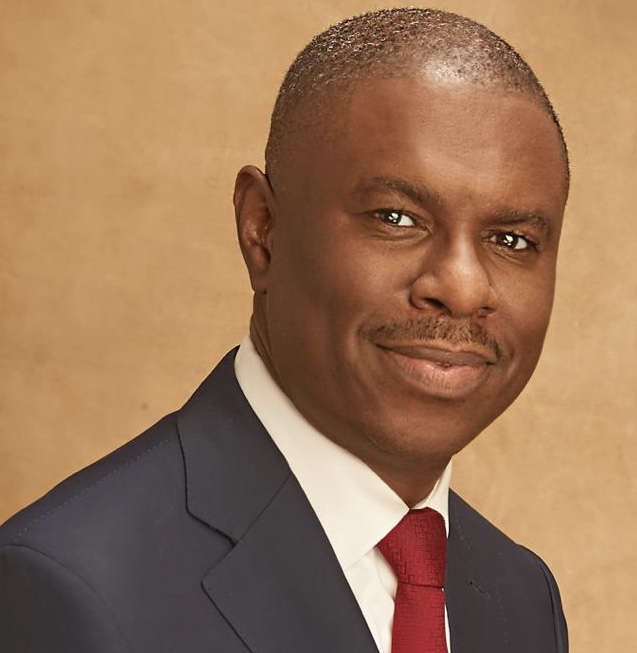

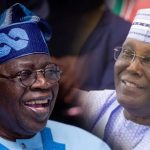





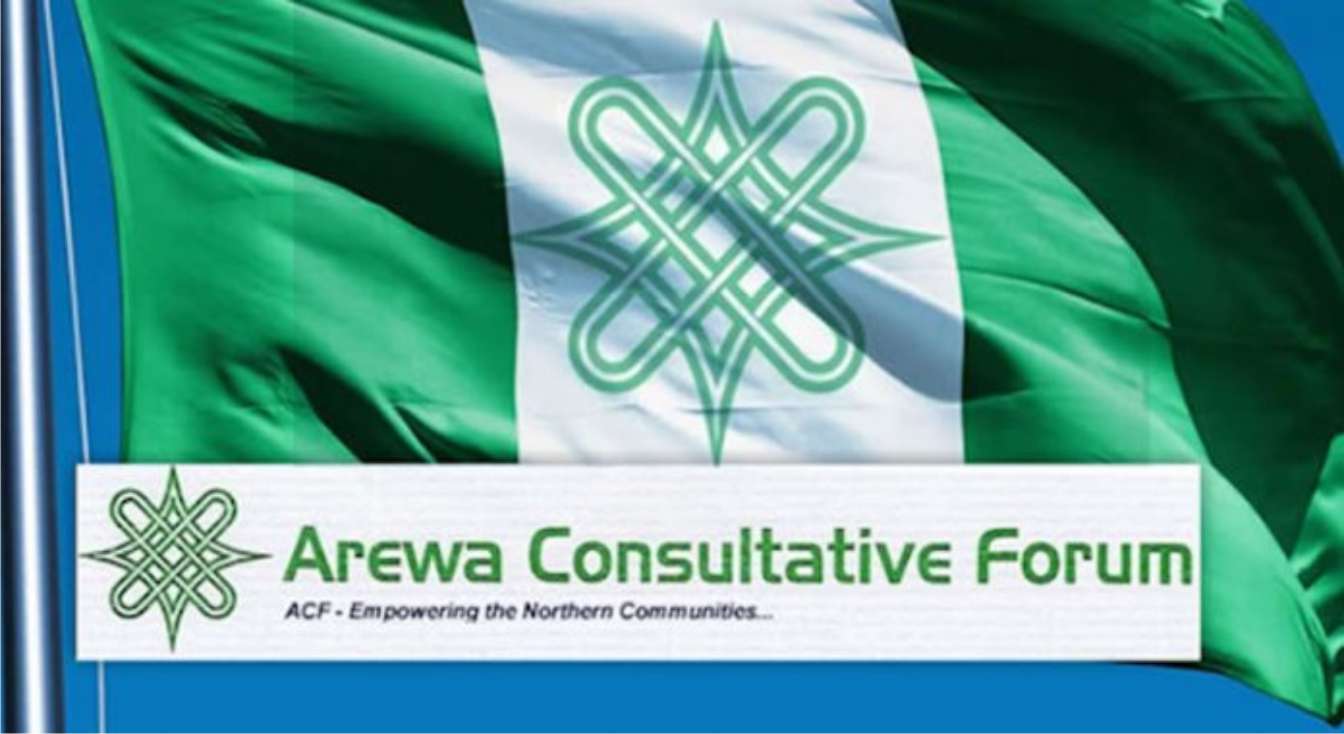
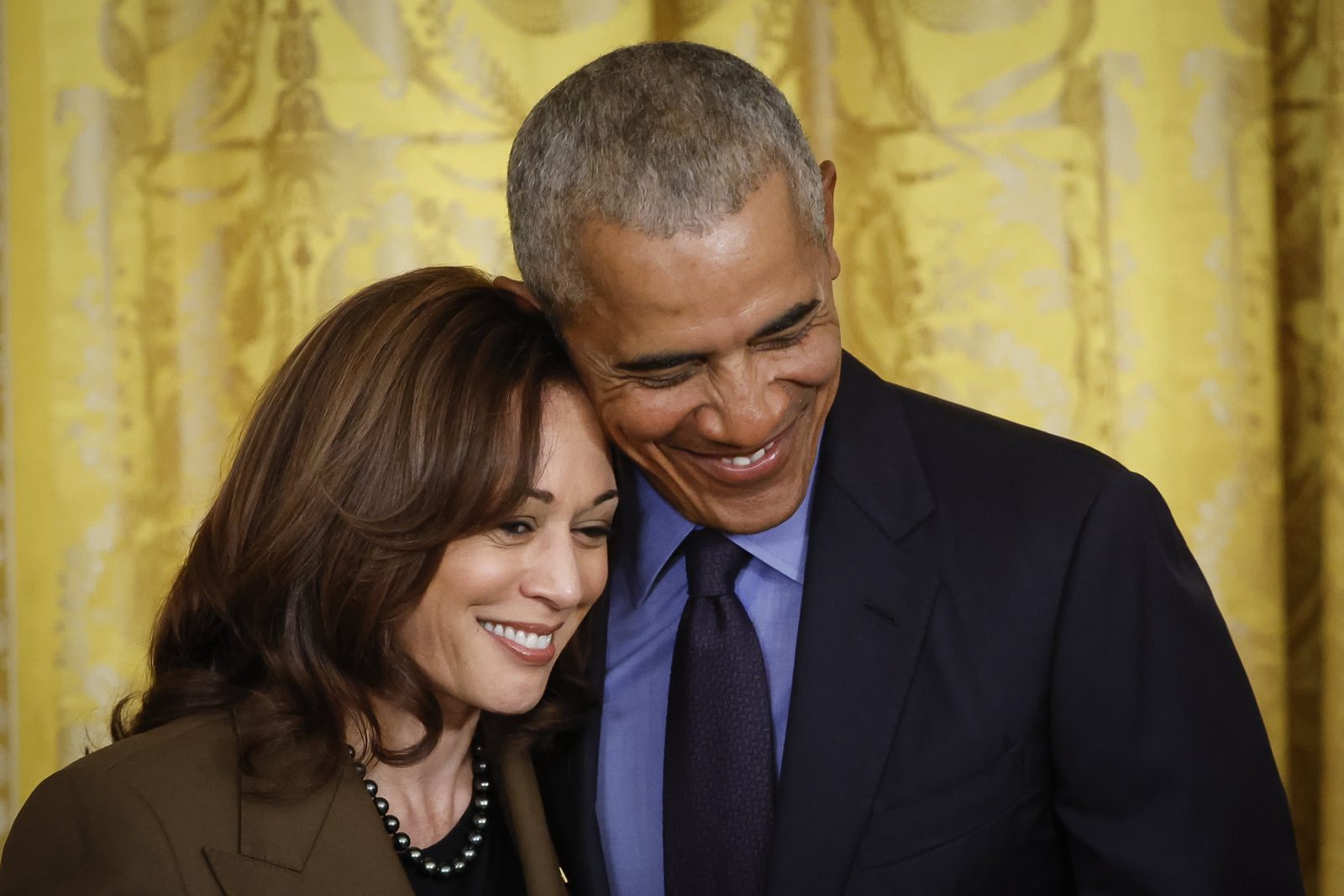


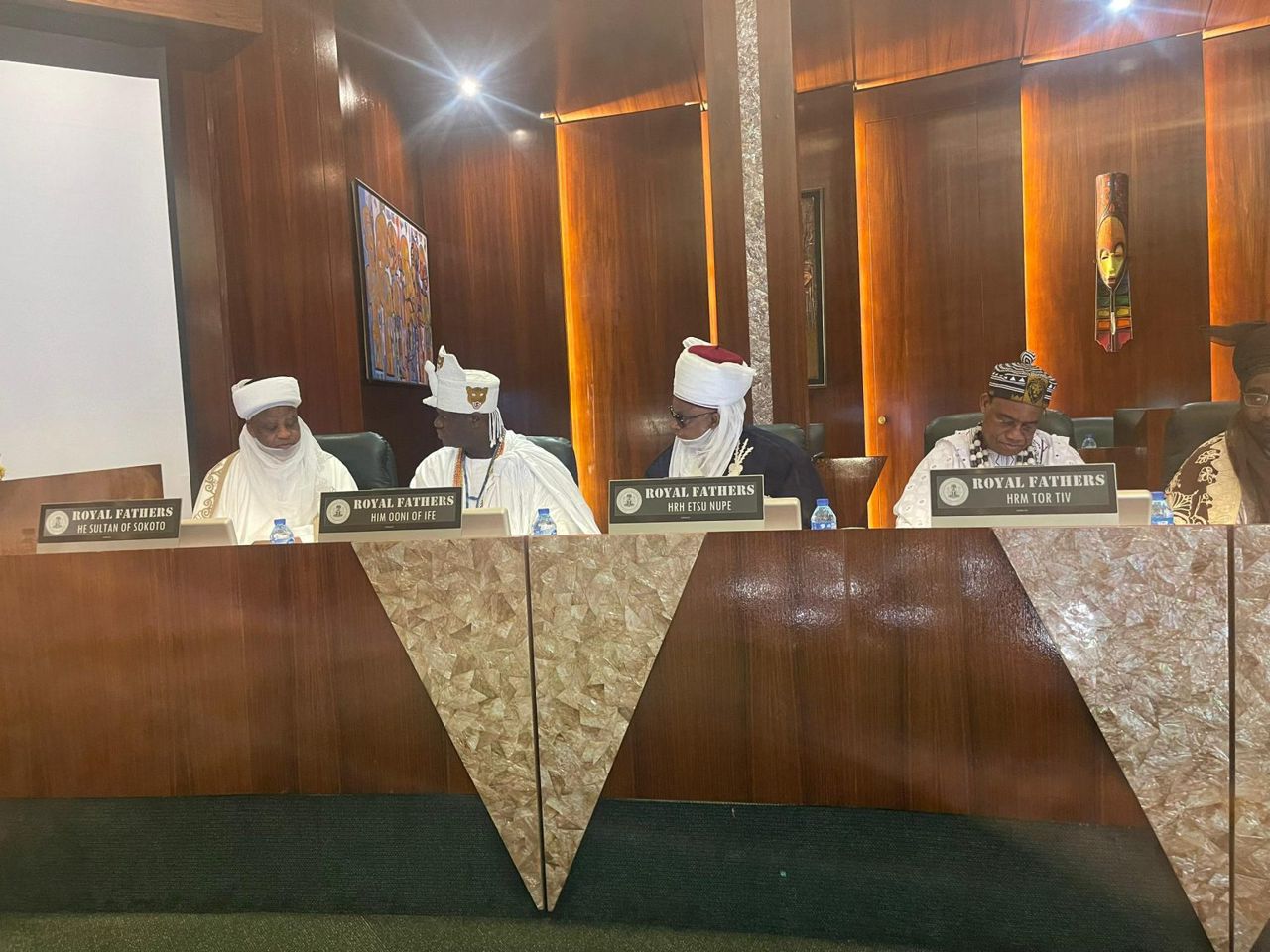



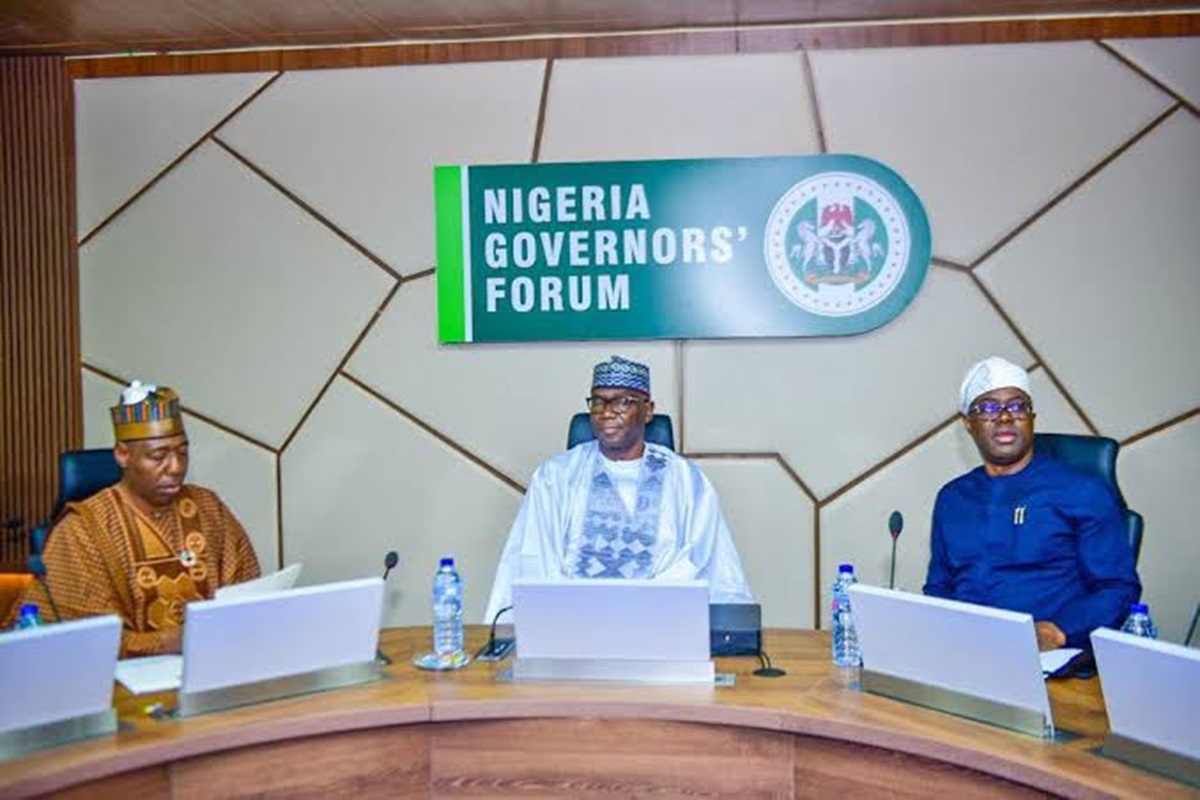
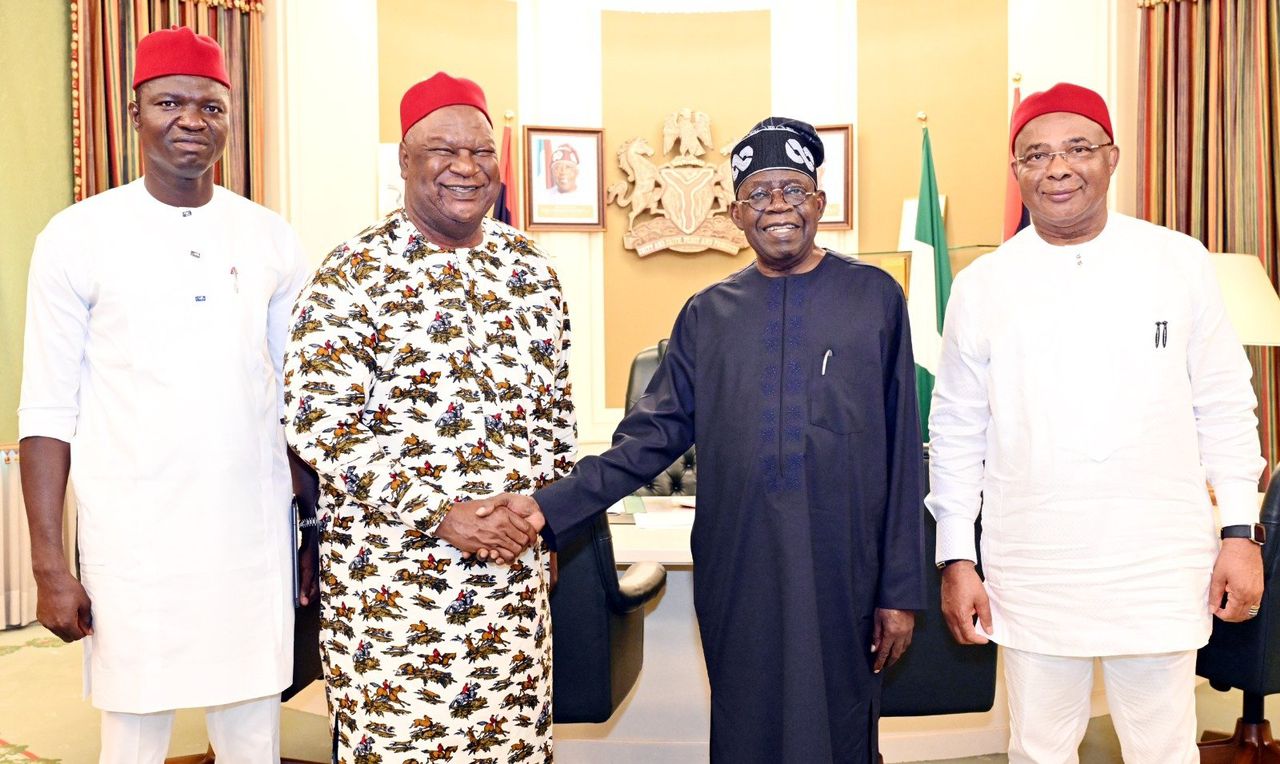

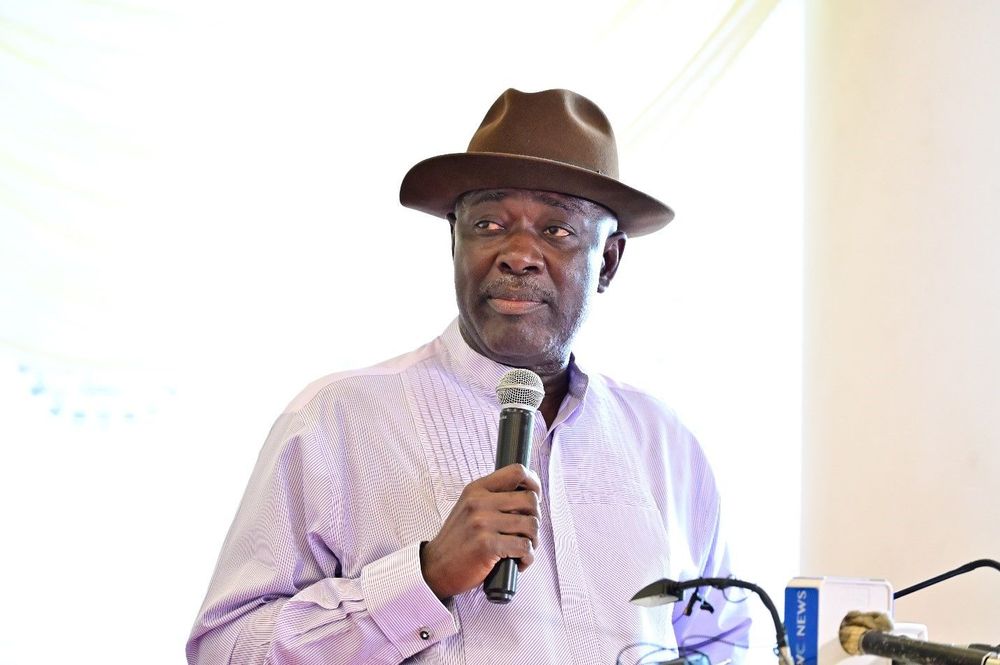


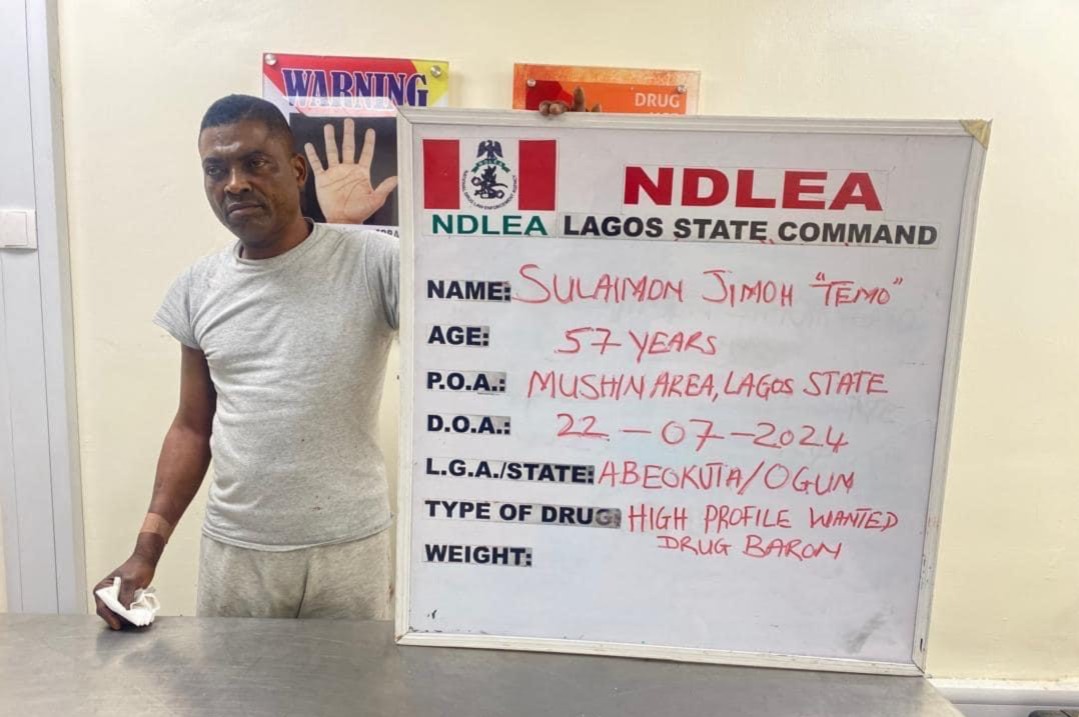

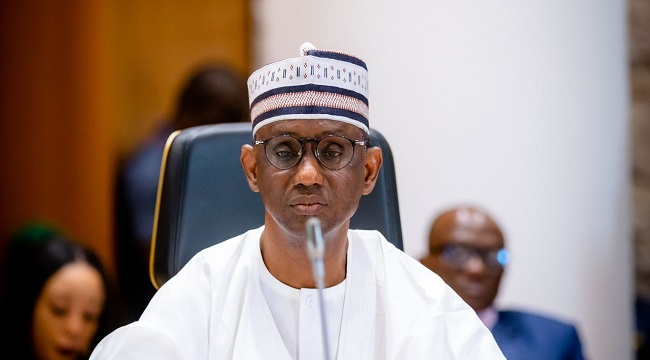
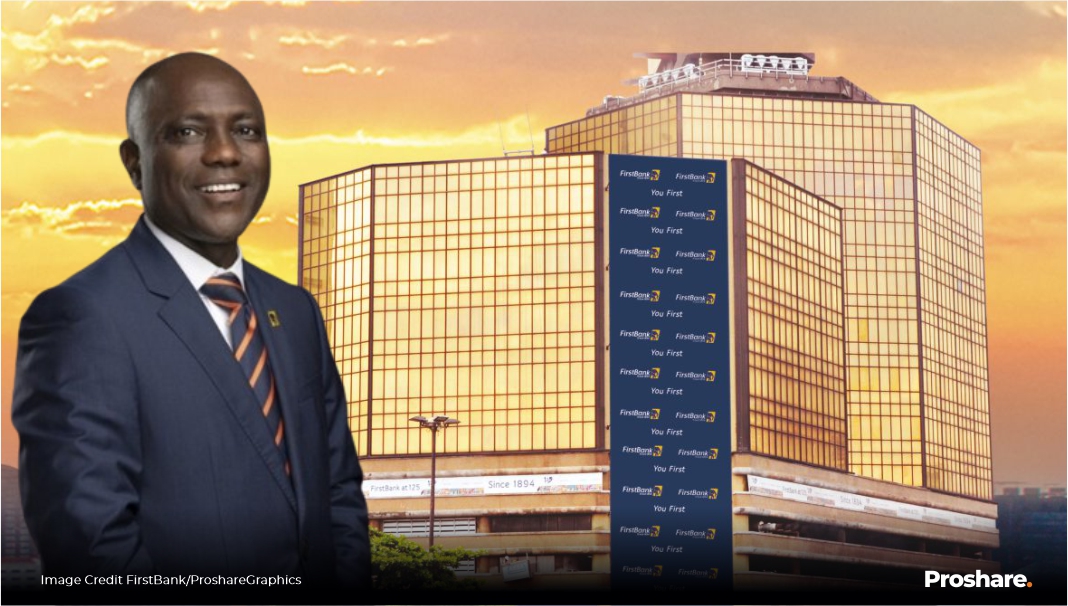
Leave a comment